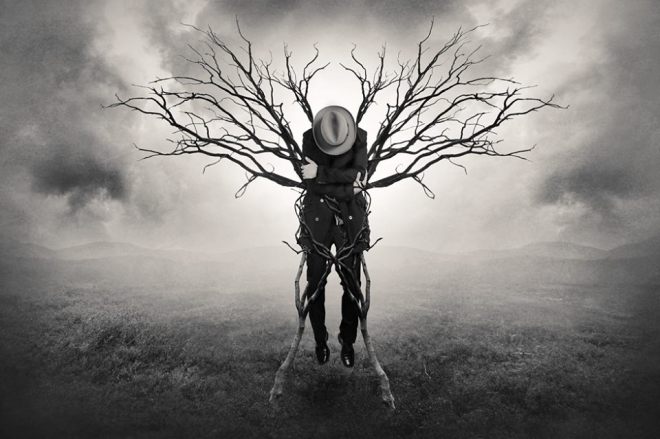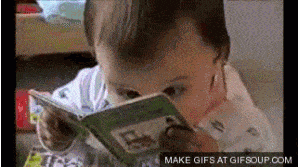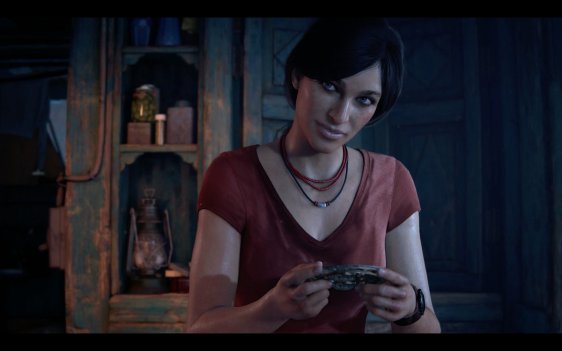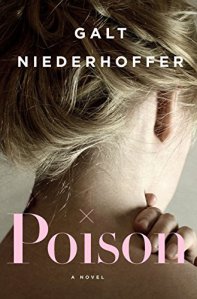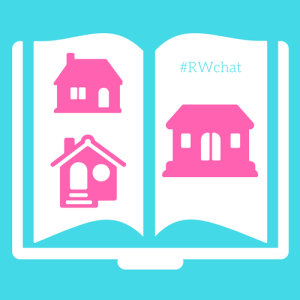 This week on #RWchat, we’re talking about writing strong settings. Regular participant Kate McMurray (What’s the Use of Wondering?) teaches workshops on setting, including one that starts today, so we asked her to write a guest post for us on the power of setting. Take it away, Kate!
This week on #RWchat, we’re talking about writing strong settings. Regular participant Kate McMurray (What’s the Use of Wondering?) teaches workshops on setting, including one that starts today, so we asked her to write a guest post for us on the power of setting. Take it away, Kate!
When we talk about craft, we often talk about plot and character, and these are of course vital parts of any novel. But so is setting, which I think often gets overlooked in the planning phase. I’d argue that setting is just as important as plot and character, and that the intersection of these three ideas is what we call story.
Your setting shouldn’t be incidental, in other words. Where and when the story takes place has to be the only place and time that your story could take place. It should influence the plot and characters. It should be a living, breathing part of the story.
This is probably clear in some ways. For example, on Star Trek, the characters are often confined to the Enterprise, or they interact with aliens, and the goal-motivation-conflict of the characters in every episode is driven by twenty-third century rules. Epic fantasy settings, like Middle Earth or Westeros, have very specific geographies that affect how the characters operate within them.

But even a small town contemporary requires the same level of worldbuilding, I would argue. Where is your small town located? How does the geography affect your plot? Is there a beach nearby on which the characters can stand and have broody conversations while the waves lap against the shore? Is there a cozy little Main Street where the heroine owns a coffee shop/bookstore where she has a meet cute with the hero? Does the heroine live above her coffee shop or does she commute from a great distance? What are the economic fortunes of the town—is it thriving or struggling—and how does that affect the characters? Is it safe or dangerous? Why is the culture of a small town (close-knit, gossipy) a better setting for your story than a big city (more people, more anonymity)?
So there’s a lot to talk about. But what you should ask yourself is 1) Why is this the only place my story could take place? and 2) How does this setting affect my story?
I’m teaching an online setting and worldbuilding workshop for the Fantasy, Futuristic, and Paranormal chapter of RWA RIGHT NOW. Sign up here.
 Kate McMurray writes smart romantic fiction. She likes creating stories that are brainy, funny, and of course sexy, with regular guy characters and urban sensibilities. She advocates for romance stories by and for everyone. When she’s not writing, she edits textbooks, watches baseball, plays violin, crafts things out of yarn, and wears a lot of cute dresses. She’s active in Romance Writers of America, serving for two years on the board of Rainbow Romance Writers, the LGBT romance chapter, and three—including two as president—on the board of the New York City chapter. She lives in Brooklyn, NY, with two cats and too many books.
Kate McMurray writes smart romantic fiction. She likes creating stories that are brainy, funny, and of course sexy, with regular guy characters and urban sensibilities. She advocates for romance stories by and for everyone. When she’s not writing, she edits textbooks, watches baseball, plays violin, crafts things out of yarn, and wears a lot of cute dresses. She’s active in Romance Writers of America, serving for two years on the board of Rainbow Romance Writers, the LGBT romance chapter, and three—including two as president—on the board of the New York City chapter. She lives in Brooklyn, NY, with two cats and too many books.
Website
Twitter: @katemcmwriter
Facebook
